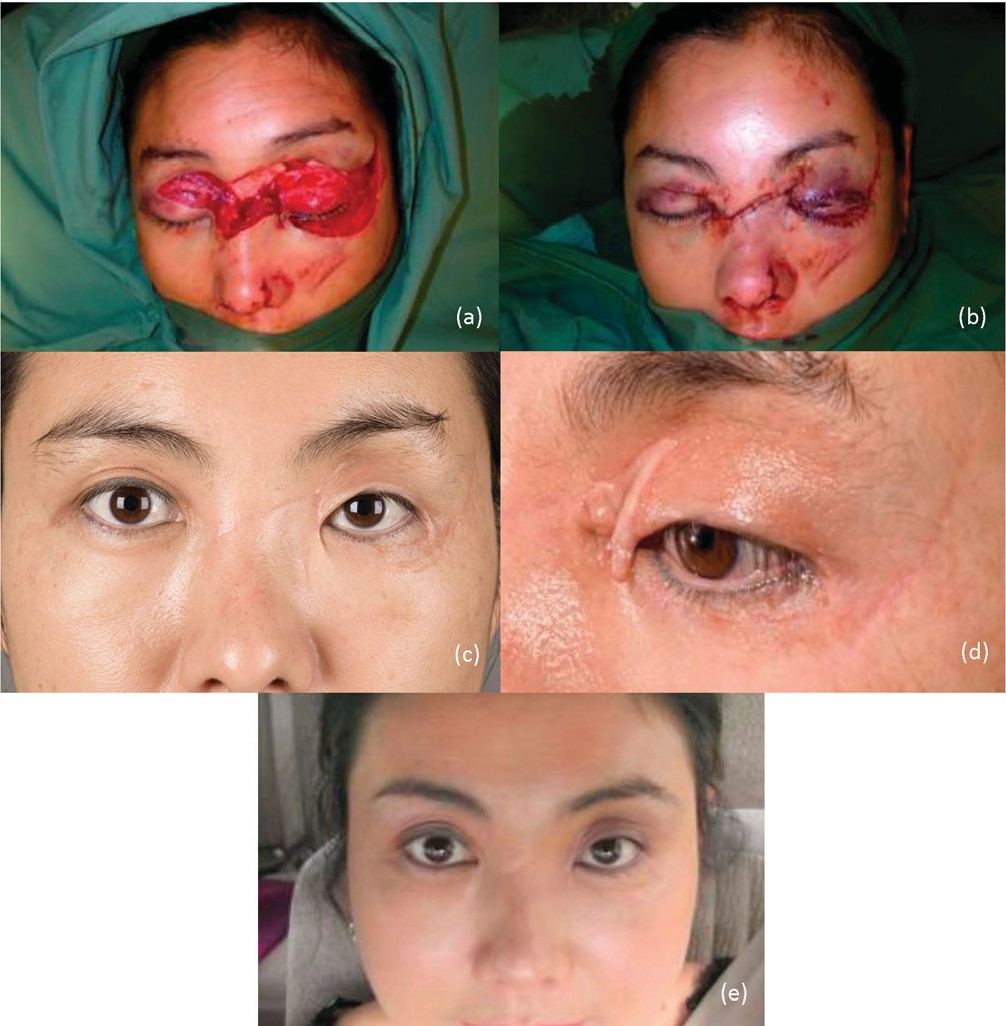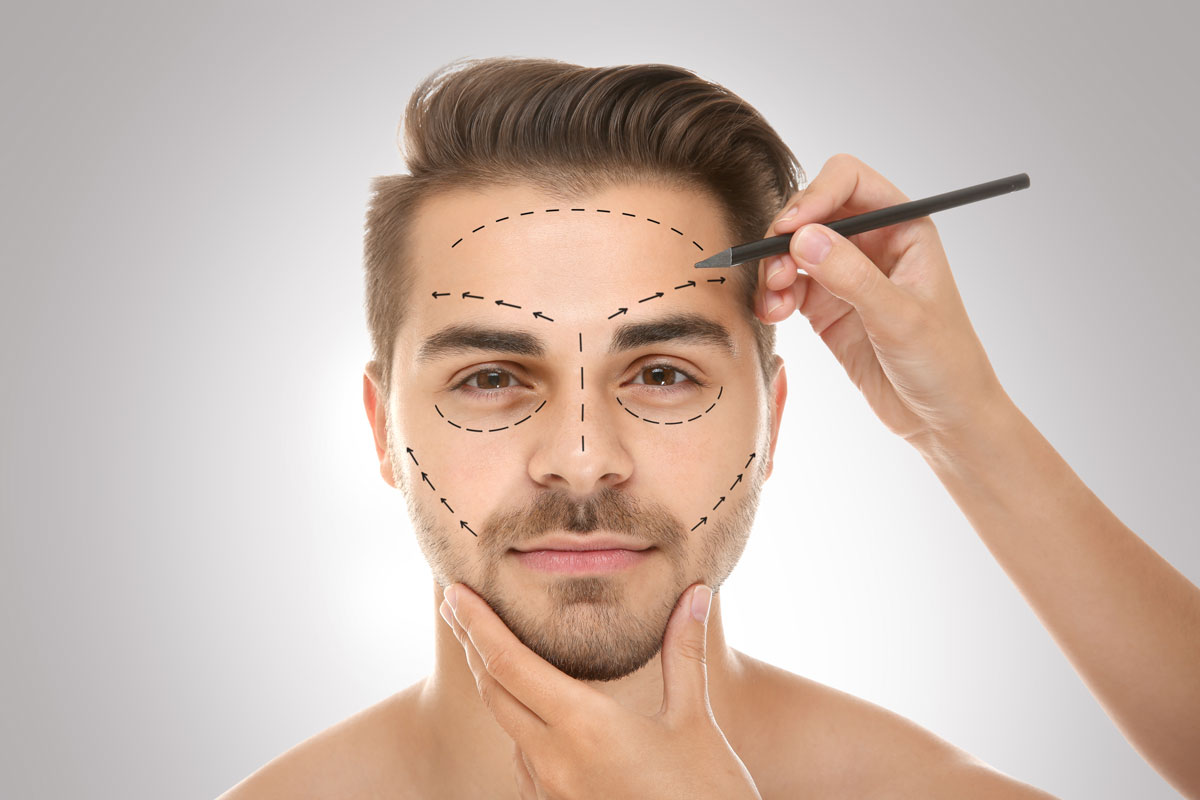Mommy Makeover Rancho Cucamonga: Recover Your Youthful Number with Expert Procedures
Mommy Makeover Rancho Cucamonga: Recover Your Youthful Number with Expert Procedures
Blog Article
Investigating the Psychological and Social Variables That Drive People to Take Into Consideration Plastic Surgery as a Means of Improvement
The choice to pursue plastic surgery commonly expands past simple aesthetic appeals, linking with social and psychological dynamics that merit detailed evaluation. Variables such as self-esteem, pervasive social beauty standards, and the prevalent impact of social media sites assemble to shape private motivations for surgical improvement. As these influences become progressively popular, recognizing the underlying psychological and social contexts is necessary. What stays to be explored is the extensive influence these variables have not only on individual identity but additionally on broader societal standards and values surrounding charm and approval.
The Duty of Self-Esteem
Self-worth considerably influences an individual's choice to go after cosmetic surgical treatment. Individuals with reduced self-confidence commonly view themselves in a negative light, leading to feelings of insufficiency regarding their physical look. This unfavorable self-perception can drive them to seek medical interventions as an approach of improving their self-image. The desire for improvement in one's appearance is regularly connected to a belief that such changes will raise their overall self-regard and confidence.

Ultimately, the role of self-esteem in the decision-making process concerning plastic surgery highlights the complex interplay between body photo, individual complete satisfaction, and psychological health and wellness. Comprehending this connection is vital for medical care experts to guarantee that clients are making educated choices rooted in practical assumptions and psychological wellness.
Societal Elegance Criteria
Influenced by prevalent media portrayals and social narratives, societal charm standards play a critical function in forming people' understandings of their own bodies. These requirements are commonly characterized by an idealized form of beauty that emphasizes traits such as symmetry, youthfulness, and slimness. As these perfects are continued with different channels, including movie, marketing, and television, individuals frequently internalize these messages, causing frustration with their all-natural look.
The effects of these societal standards extend beyond aesthetic choices; they can affect self-worth, psychological wellness, and social relationships. Individuals who regard themselves as disappointing these standards might experience feelings of inadequacy, motivating a desire for cosmetic surgical procedure as a method of accomplishing social approval. This quest is frequently sustained by the belief that adjusting to these suitables will certainly improve not only physical look yet additionally social standing and individual satisfaction.

Influence of Social Media
The influence of societal elegance criteria is more enhanced by the increase of social media sites platforms, where curated pictures and idyllic representations of charm are common. Users are regularly revealed to filtered and edited photos, which frequently show unattainable physical qualities. This exposure grows a culture of comparison, leading people to evaluate their very own appearance against these typically unrealistic standards.
Social network influencers and stars regularly promote aesthetic treatments, normalizing the notion that surgical enhancements are a practical ways for accomplishing social perfects (plastic surgery rancho cucamonga). The visibility of these improvements can develop an understanding that going through cosmetic surgical treatment is a conventional method, thereby affecting people to think about similar interventions as a path to improved self-esteem and social approval
In addition, the interactive nature of social media permits immediate feedback through sort and remarks, further strengthening the wish to satisfy prominent appeal standards. Such interactions can intensify sensations of inadequacy and drive individuals toward cosmetic surgical treatment as a way of acquiring validation. Ultimately, social media plays a critical function in forming assumptions of beauty, which substantially influences the decision-making processes surrounding plastic surgery.

Cultural Perspectives on Look
Throughout numerous cultures, assumptions of look are deeply rooted in historic, social, and financial contexts, shaping individuals' views on appeal and desirability. In several cultures, look acts as a considerable pen of identity, influencing social status, specialist possibilities, and individual partnerships. For instance, in some cultures, light skin is typically linked with wealth review and benefit, while others might glorify darker complexion as signs of strength and credibility.
Additionally, standard charm standards are frequently bolstered via cultural stories, media depictions, and household affects, resulting in varying perfects across various regions (plastic surgery rancho cucamonga). In Western societies, the emphasis on young people and fitness typically drives individuals towards cosmetic improvement, while in certain Eastern cultures, more refined modifications straightened with standard looks may be favored
Globalization and the expansion of electronic media have actually further made complex these dynamics, creating a hybridization of elegance perfects that goes beyond geographical limits. As individuals increasingly browse these cultural browse around this site stories, the stress to adapt particular appearance criteria can cause the need for cosmetic surgical procedure, reflecting a complex interaction of social worths and individual ambitions. Comprehending these cultural perspectives is necessary in addressing the inspirations behind plastic surgery factors to consider.
Mental Impacts of Plastic Surgery
Several individuals looking for plastic surgery report experiencing profound psychological impacts that can considerably alter their self-perception and emotional well-being - plastic surgery rancho cucamonga. The need for physical improvement usually originates from underlying issues such as low self-confidence, body dysmorphic problem, or societal stress pertaining to elegance criteria. For some, the prompt post-operative stage can lead to a short-term boost in confidence and complete satisfaction with their look, cultivating a feeling of empowerment
However, these favorable sensations might not be enduring. Study shows that while some people experience improved self-esteem, others might face heightened anxiety or anxiety if their expectations are not met. This discrepancy can occur from unrealistic perfects continued by media representation and social stories surrounding beauty.
Furthermore, the emotional implications of cosmetic surgical treatment prolong beyond the individual. Relationships with family members and close friends might be strained as social dynamics shift, causing feelings of seclusion or alienation. Inevitably, the emotional effects of cosmetic surgical procedure are complicated and complex, requiring cautious consideration by both possible official source people and doctor to make certain enlightened decision-making and sensible assumptions.
Verdict
To conclude, the decision to go after cosmetic surgical treatment is substantially influenced by a combination of self-esteem concerns, social charm requirements, and social viewpoints on appearance. The pervasive reach of social media additionally aggravates these pressures, advertising impractical suitables that individuals typically make every effort to obtain. Recognizing these mental and social aspects is essential for addressing the inspirations behind cosmetic surgery, highlighting the requirement for a more nuanced discussion bordering appeal and self-acceptance in contemporary culture.
The decision to seek cosmetic surgical treatment commonly expands past plain aesthetic appeals, linking with social and psychological characteristics that merit comprehensive evaluation. Eventually, social media plays a critical duty in shaping assumptions of elegance, which considerably influences the decision-making procedures surrounding cosmetic surgical treatment.
As individuals increasingly navigate these social narratives, the stress to adhere to particular appearance criteria can lead to the wish for cosmetic surgical procedure, reflecting an intricate interplay of personal aspirations and cultural values.In verdict, the choice to seek cosmetic surgery is significantly influenced by a mix of self-worth problems, societal beauty standards, and social point of views on look. Understanding these emotional and social factors is important for resolving the inspirations behind cosmetic surgical procedure, highlighting the need for an extra nuanced discussion surrounding beauty and self-acceptance in contemporary culture.
Report this page